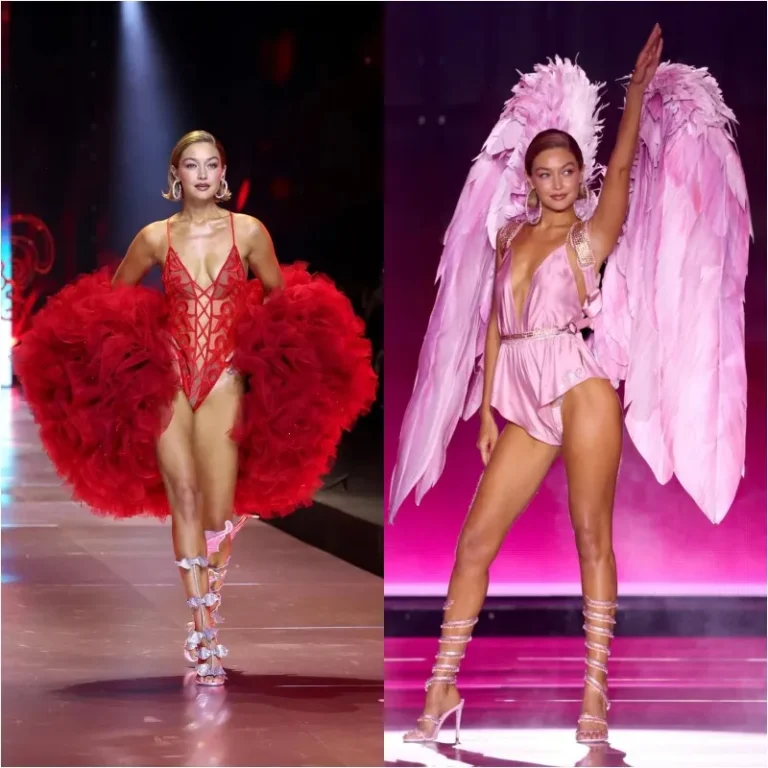
Grit and Glamour: Unveiling the True Cost of Becoming a K-Pop Idol in a New Docuseries

A new Apple TV+ docuseries, “K-Pop Idols,” provides an unfiltered glimpse into the high-pressure world of South Korea’s music industry, exploring the immense challenges faced by aspiring K-pop stars. This captivating series delves deep into the lives of three distinct acts: Jessi, a Korean American rapper carving out a fresh path post-Gangnam Style fame; Blackswan, a girl group striving for global success amidst internal struggles; and Cravity, a nine-member boy band navigating their debut during the turbulence of the Covid-19 pandemic.
Jessi, Blackswan, and Cravity: A Trio of Stories
Jessi, who has been a force in the Korean music scene since 2005, contrasts sharply with Cravity, a rookie group trying to make its mark in an oversaturated market. Meanwhile, Blackswan, a group with over a decade of history and multiple lineup changes, is battling to find its identity. As the series progresses, viewers witness the evolution of these artists, from their grueling training sessions to their emotional world tours, all while striving to meet the industry’s sky-high standards.
The Dark Side of the K-Pop Dream
The docuseries doesn’t shy away from the darker aspects of the K-pop industry. It highlights the intense pressure on idols, many of whom start training as teenagers, and the strict management that often leads to severe mental health issues. The tragic reality of this pressure is underscored by the recent suicides of several K-pop stars, a subject that the series addresses with sensitivity.
One of the show’s most poignant storylines revolves around the internal conflict within Blackswan, particularly between members Leia and Fatou. Leia’s struggles with homesickness and depression are candidly explored, shedding light on the stigma surrounding mental health in South Korea. Jessi also opens up about the sacrifices of her career, including the loneliness that comes with prioritizing work over personal relationships.

Global Aspirations and Cultural Challenges
The series also explores the K-pop industry’s efforts to broaden its global appeal by recruiting foreign talent. Blackswan, originally a Korean-only group, now features members from Brazil and India, reflecting K-pop’s growing international influence. However, the series also highlights the cultural challenges that arise from managing a multinational group, as the differences in language, culture, and communication styles can lead to conflicts that are harder to manage compared to traditional Korean groups.
The Pursuit of Perfection
A recurring theme in “K-Pop Idols” is the extreme body image standards that idols must adhere to. From strict diets to intense workout regimens, the physical demands placed on these young stars are staggering. Cravity’s vocalist Wonjin, for instance, recalls being told to lose weight before his audition, leading him to subsist on just one egg a day for two weeks.
Despite these hardships, the series also captures moments of joy and camaraderie. The friendship between Gabi and Sriya, members of Blackswan, the bond among the Cravity members, and the support from family and fans provide heartwarming counterpoints to the industry’s rigors.
In their own words, the artists express hope that the series will humanize K-pop stars in the eyes of viewers. As Blackswan’s NVee aptly puts it, “We are not perfect, and we go through just as many hardships as anyone else. But we still persevere because of our love for music.”
Conclusion
“K-Pop Idols” is a revealing look at the glittering but demanding world of K-pop, offering fans and newcomers alike a deeper understanding of what it takes to reach the top in this fiercely competitive industry. Through its candid portrayal of the challenges and triumphs faced by Jessi, Blackswan, and Cravity, the docuseries stands as a testament to the grit and resilience required to become a K-pop idol.





